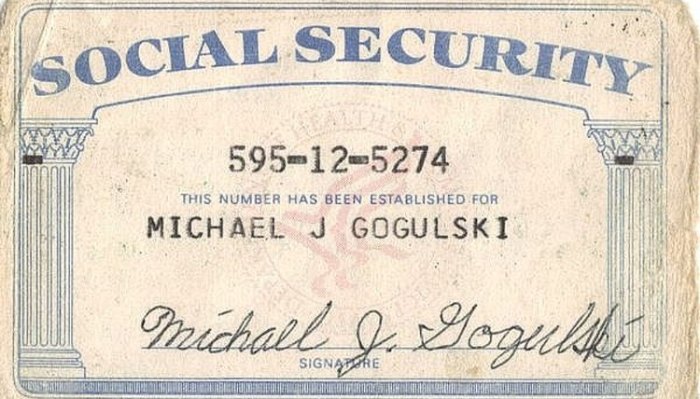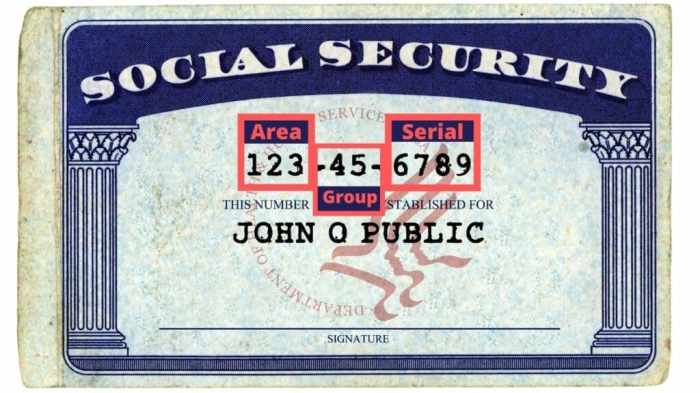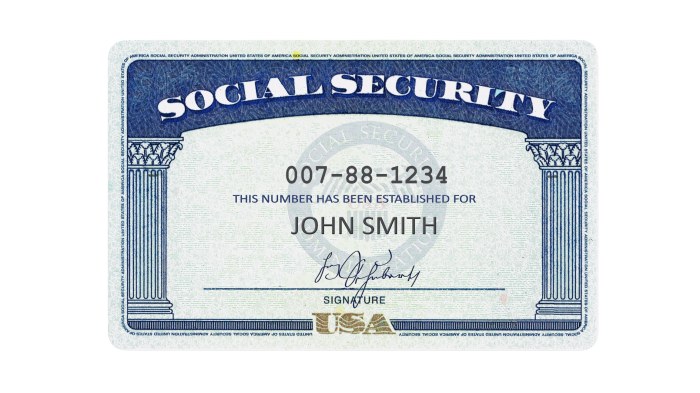Social security numbers (SSNs) are an essential part of our lives, used for everything from identification to financial transactions. But what exactly are SSNs, and how do they work? In this article, we’ll explore the basics of SSNs, their uses, and how to protect them from misuse.
Social Security Number (SSN) Basics: Social Security Numbers

A Social Security Number (SSN) is a unique nine-digit number issued by the United States government to its citizens and permanent residents. It is primarily used to track individuals’ earnings and contributions to the Social Security program, which provides retirement, disability, and survivor benefits.
SSNs are typically assigned at birth or upon immigration to the United States. The format of an SSN is as follows: XXX-XX-XXXX, where the first three digits represent the area where the SSN was issued, the middle two digits represent the group within that area, and the last four digits are the individual’s unique identifier.
Uses of SSNs
SSNs serve as a primary means of identification for individuals in the United States. They are used for a wide range of purposes, including:
- Applying for government benefits, such as Social Security, Medicare, and Medicaid
- Opening bank accounts and obtaining credit
- Filing tax returns
- Applying for jobs and obtaining licenses
SSN Security and Privacy

SSNs are sensitive information that should be protected from misuse. Potential risks associated with SSN misuse include identity theft, fraud, and discrimination. To protect their SSNs, individuals should:
- Keep their SSNs confidential and only share them when necessary
- Be cautious of requests for SSN information over the phone or email
- Shred any documents containing their SSN before discarding them
If an individual suspects their SSN has been compromised, they should report it to the Social Security Administration (SSA) and take steps to protect their identity.
Alternative Identification Systems
In addition to SSNs, other identification systems are used in the United States, including:
- Driver’s licenses
- Passports
- Birth certificates
- Employee identification numbers (EINs)
Each system has its own advantages and disadvantages, and the best choice for an individual will depend on their specific needs and circumstances.
International Considerations, Social security numbers

The use of SSNs is primarily limited to the United States. Other countries have their own identification systems, such as:
- National Insurance numbers in the United Kingdom
- Social Insurance Numbers in Canada
- Aadhaar numbers in India
There are challenges and opportunities for international SSN usage, such as the need for data sharing and the protection of privacy.
Final Conclusion
SSNs are a powerful tool, but they also come with risks. By understanding the basics of SSNs and taking steps to protect them, you can help keep your identity and finances safe.
Popular Questions
What is a social security number?
A social security number (SSN) is a unique nine-digit number assigned to U.S. citizens and permanent residents. It is used to identify individuals for tax purposes, Social Security benefits, and other government programs.
What are the different uses of SSNs?
SSNs are used for a variety of purposes, including:
- Identification: SSNs are used to identify individuals for a variety of purposes, such as opening bank accounts, applying for loans, and getting a driver’s license.
- Government programs: SSNs are used to determine eligibility for Social Security benefits, Medicare, and other government programs.
- Financial transactions: SSNs are used to track financial transactions, such as income and expenses.
What are the risks associated with SSN misuse?
SSN misuse can lead to a variety of problems, including:
- Identity theft: SSNs can be used to steal someone’s identity and open fraudulent accounts.
- Financial fraud: SSNs can be used to commit financial fraud, such as applying for loans or credit cards in someone else’s name.
- Tax fraud: SSNs can be used to file fraudulent tax returns.
How can I protect my SSN?
There are a number of steps you can take to protect your SSN, including:
- Keep your SSN confidential: Do not share your SSN with anyone unless you are sure they need it.
- Shred documents containing your SSN: Shred any documents that contain your SSN before you throw them away.
- Use strong passwords: Use strong passwords to protect your online accounts that contain your SSN.
- Monitor your credit report: Monitor your credit report for any unauthorized activity.